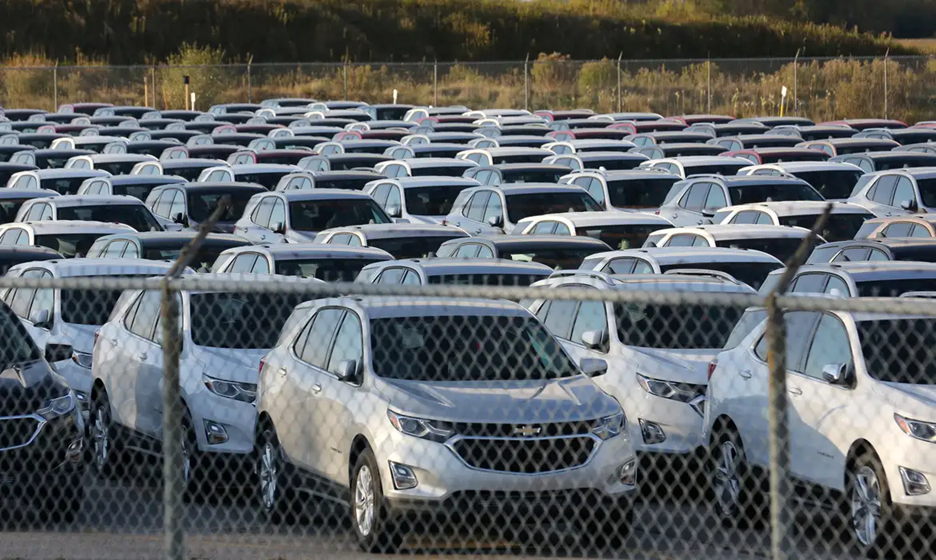
The Brazilian National Association of Automobile Manufacturers (Anfavea) expects that the new tariff policy announced by U.S. President Donald Trump will lead to a contraction in investments in the Brazilian automotive industry. Anfavea's President, Márcio de Lima Leite, stated that this move exacerbates the global economic tension, directly impacting the Brazilian automotive industry and its supply chain system.
"These trade frictions may affect some of the investments that have already been announced, especially against the current backdrop of heightened global tension. The tariff measures implemented by the U.S. government are having a negative impact on the global economic geopolitical landscape, including the effects on the Brazilian automotive industry and its extensive supply chain," Leite told Brazilian media on April 8th.
Zhongjin believes that although Brazil is one of the countries less impacted by Trump's new tariff policy, according to Leite, this is a result of negotiations between Brazil and the U.S., but the impact remains unavoidable. Leite stated, "We often hear statements like: the Brazilian automotive market will not be affected because the tariffs imposed by the U.S. on Brazilian products are minimal, but the issue is that the market will still be indirectly affected by the U.S. imposing tariffs globally."
According to Leite's analysis, with the U.S. increasing tariffs on countries worldwide, Mexico's exports to the U.S. may decrease, potentially leading to overcapacity in Mexican factories. This could prompt Mexico to redirect some of its production capacity to other Latin American markets, such as Brazil, weakening the willingness of major global brands' manufacturers to invest in domestic automobile production in Brazil.
Leite stated, "We have noticed that some automotive manufacturers' planned investments in Brazil may be put on hold, with companies prioritizing the use of idle automotive manufacturing capacity in Mexico. This situation applies not only to the automotive parts industry but also to the vehicle manufacturing industry."
According to Anfavea's statistics, Mexico is the largest exporter of automobiles to the United States, with 73% of its national automobile production being sold to the U.S.
Starting from midnight on April 3rd, the U.S. began imposing a 25% tariff on all imported cars. According to statistics from the Brazilian Ministry of Development, Industry, Trade, and Services (MDIC), Brazil only exported 365 cars to the U.S. last year, hence it will not be directly impacted by this tariff policy.
Trump's introduction of the 25% tariff on imported cars aims to expand domestic automotive production capacity within the U.S. The new regulation, by dampening consumer willingness to buy imported cars, seeks to stimulate the development of the U.S. domestic automotive industry and attract foreign car manufacturers to establish plants in the U.S.
